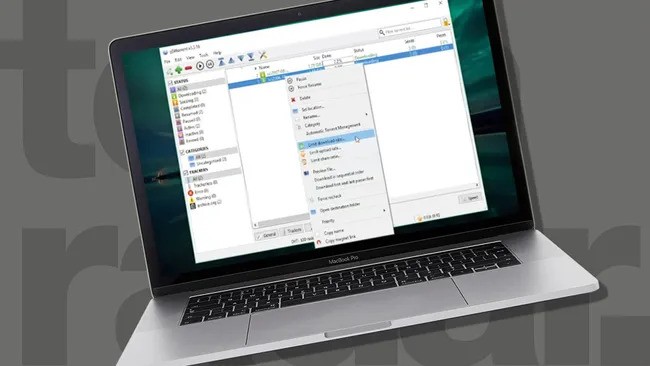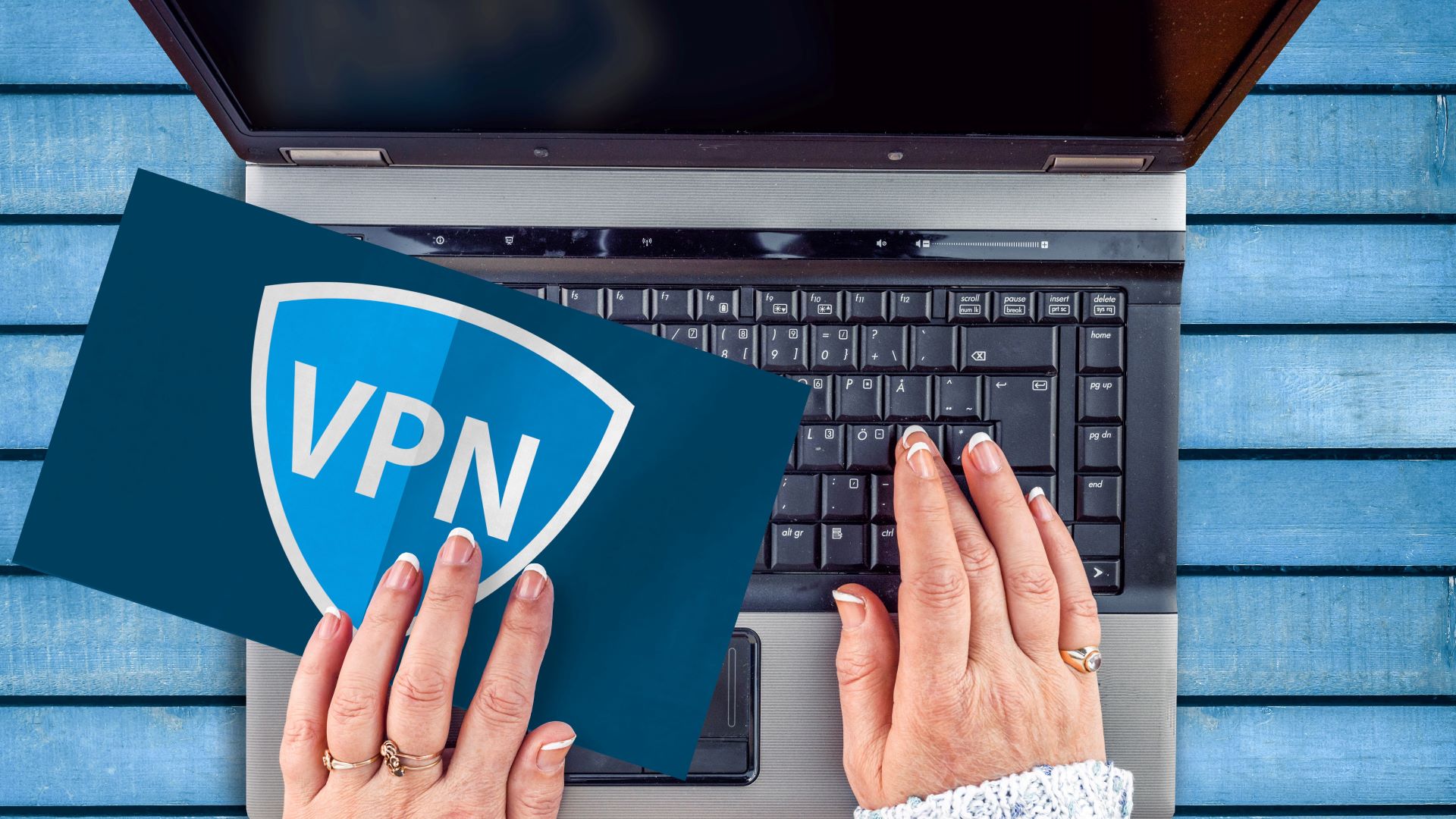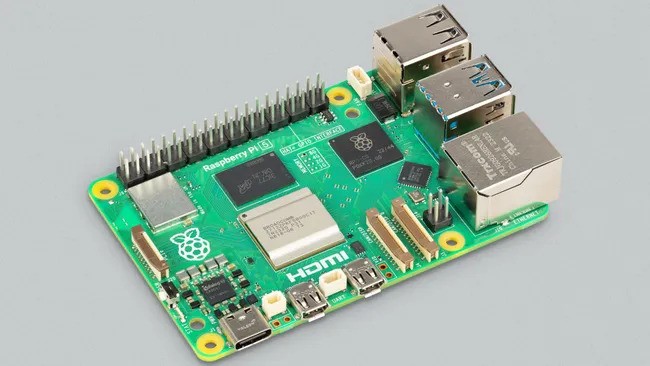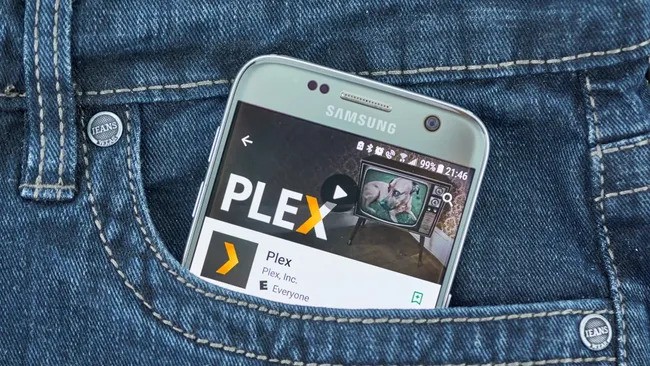What is a seed box?
Learn how seed boxes work and why you definitely want one for torrenting

Let's get one thing straight. If you download files via Bittorrent, you should definitely consider using a seed box.
A seed box is essentially a dedicated server which is specially designed to download torrents, as well as help you manage your files. It does this through having 24/7 access to a high-speed internet connection as well as software dedicated to torrenting.
Torrent troubles
Most people download torrent files using a free Bittorrent client installed on their home machine.
This works very simply in that the user goes to a website hosting torrent files and/or magnet links, then clicks to open them in the torrent client. The client then uses the data in the file or link to find where the file you want to download is located, then begins to download it from 'seeders' and 'leechers'.
These are names for people who have either a complete or incomplete copy of your desired file. As you download these files, your device is connected to these 'peers'. Any file data you've already downloaded can also be shared with other 'peers'.
Once the download of your file is complete, you become a 'seeder', sharing your file with others until you change this in your client's settings or move the file.
Downloading files in this way can work for a time but it comes with a number of drawbacks:
Exposed IP
Each time you connect to a peer they can see the IP address of your device. This means you can be targeted both by hackers and law enforcement if they suspect you're downloading copyrighted files.
Although we don't condone piracy at TechRadar, Copyright law varies from country to country and is regularly updated, so it's very easy to break by accident. This happened to Amazon in 2009 after they discovered that unauthorized copies of George Orwell works like 1984 on the Kindle store, forcing them to erase offending copies from users' devices.
Bad Bandwith
If you plan to download a load of films via Bittorrent, this will place a heavy toll on your home bandwidth. This can make it difficult for you to do other activities on your device like check your e-mail or chat online with friends.
Many Bittorrent clients support capping download/upload speeds but this means it'll take longer to enjoy the use of your files.
You can also pay more to increase your connection speed but your ISP may also place a 'fair usage' cap on the amount of data you can download.
Storage Wars
Even assuming bandwidth isn't an issue, you still need somewhere to save your downloaded files.
If you store large files on your hard drive, you'll find that eating up free space will reduce system performance.
Naturally you can choose to download files to an external drive or NAS device but this involves extra time and money.
Network Restrictions
Although the Bittorrent protocol isn't illegal, some ISPs and networks block it altogether to save on bandwidth. This means that although you may be able to install a Bittorrent client and visit sites to obtain .torrent files or magnet links, you won't be able to download files via Bittorrent while connected to such networks.
Can I just use a VPN?
Using a VPN can be an excellent way to stay safe while torrenting. This is because when you establish a connection to a VPN server, your data is encrypted. This makes it almost impossible for your ISP/network managers to detect you're downloading via Bittorrent and/or block the download.
Any connected peers will also see the IP address of your VPN server, not your device making you harder to target by hackers and other bad actors.
Still, a VPN isn't necessarily a magic bullet for torrenting. For starters, some VPN providers like hide.me don't allow Bittorrent traffic on their free plans. Other VPN providers like NordVPN actually operate specialist servers for P2P downloads via Bittorrent but this isn't always the case.
Using a VPN also won't help if you have a 'fair usage' cap on data you download or limited storage space on your home devices.

Can I set up my own Bittorrent server?
If you have a talent for tech DIY, you could use a device like a Raspberry Pi with a connected hard drive to create your own home server seed box. This is an excellent way to make sure that downloading files doesn't interfere with system performance on your other devices.
Still, this can be tricky to set up correctly plus it won't help you if your ISP throttles or blocks Bittorrent traffic. You'll also need cash upfront to buy the equipment you need as well as a physical space to store it in your home.

Could I use a VPS?
A VPS (Virtual Private Server) can be an excellent way to manage your online life by having a dedicated computer for torrenting. A seed box is itself a VPS in that you're renting server space for this purpose - the advantage of choosing one over a barebones VPS is that it already comes preinstalled with specialist Bittorrent apps and is optimized for high-speed downloads.
Smart Seed Boxes
Having seen the drawbacks of torrenting on your home computer or setting up your own home/virtual server, it's time to explore some of the many advantages of renting your own seed box. These include:
Small upfront cost
While external hard drives and home media servers can run into the hundreds, you can start renting a seed box from as little as $2 per month.
Easy setup
As we've learned, although you can set up your own VPS, seed boxes are designed for ease of use. Hosting providers carefully choose default apps like the Transmission and Deluge, which you can activate and manage from your web browser.
Boosted Bandwith
Seed box providers host their machines in data centers with huge amounts of bandwidth. Most are on 1Gb lines and some even go up to 40Gb This means that files that might take hours or days to download on your home connection can usually copy across to your seed box in minutes.
Customizable solutions
Another huge advantage of having your own seed box is you can customize plans to suit your needs. For instance, you can start with a $5 that only offers 50 GB of storage but as your downloads grow, you can adjust your plan to have more storage space e.g. 1 TB.
Most online seed box providers allow you either to alter your seed box configuration for an extra fee or to start another subscription.
Bypass ISP throttling/blocking
Seed boxes aren't affected by ISPs or networks that try to slow down or ban Bittorrent traffic altogether. This is because the download is taking place directly to the seed box itself, which you're managing via your web browser.
Hide your IP address
If your seed box downloads a file via Bittorrent, any connected peers will see the IP address of the seed box itself, not your home device.
If you then download any files to your home device, your own IP is only visible to the seed box provider, not the downloading public.
Multiple Download Options
As seed boxes are essentially a server, most offer you multiple ways to access files once they're downloaded to the seed box itself.
These include regular downloads over HTTP via your browser, as well as FTP, SFTP and SSH.
Use Private Trackers
Private trackers are torrent servers that monitor how much data you've downloaded and uploaded, then allocate bandwidth accordingly. The upside of private trackers is that unlike public bittorrent websites, they tend to have better quality media, as well as files that aren't commonly available elsewhere.
The downside to private trackers is that you usually have to maintain a certain ratio of uploads to downloads, which can be hard to manage from a home device given you need a constant internet connection.
A seed box is an excellent way to benefit from private trackers as peers will benefit from the high bandwidth, plus your torrent client can stay connected 24/7. Uploading data also won't eat into any data cap your ISP may have imposed, as it's not taking place over your home connection.
Seed Your Own Content
Just as a seed box is excellent for using private trackers, the same benefits make it ideal for seeding your own files.
After you create your own torrent pointing to the file in the seed box, peers can download it via a high-speed connection. As you're connected around the clock there will always be at least one seeder with a complete copy of the file.
Your Own Streaming Media Server
Many seed box providers include media server software such as Plex or Jellyfin in addition to Bittorrent clients.
This means you can use the Seed Box web interface to set up your own streaming media server using the files you've downloaded. This saves you the time and trouble of redownloading every file you want to access, not to mention the fact that streaming media won't clutter up your home device's hard drive.

Getting started with Seed Boxes
If you think a seed box is right for you, take some time to research the various providers like SeedBoxes.cc or Giga-Rapid.
Most providers offer multiple packages, so make sure to choose one which is right for you. We suggest starting with a low-cost package with a small amount of storage e.g. 50 GB so you can see if the service is the right fit for you.
Seed Boxes are designed to be easy to set up but when registering it may take a day or so to receive your login details. You may also have to click to install your chosen apps, such as Bittorrent clients.
Some providers allow you to install other programs, though there may be some restrictions. For instance, you may be restricted to installing one type of media server like Plex at any one time.
If you run into any difficulties, make sure to check the provider's support page. You can usually request to reset the seed box to factory settings if you get hopelessly stuck.
Should I still use a VPN?
Although your ISP or network administrator can't slow down or block files you download via Bittorrent, they can still make life difficult for you by blocking access to the seed box website itself.
Any files you download in an insecure way e.g. via unencrypted HTTP/FTP can also be detected and intercepted. The IP address of any devices you use to log in to your seed box is also viewable to anyone with access to their records.
This is why we still recommend connecting to a reliable VPN service, even whilst using a seed box. This will encrypt the connection between your devices and VPN server, making it much harder for your home network to know you're using a seed box. Your seed box provider will also only see the IP address of your VPN server, not your home device.
If you want to save money, check if your Seed Box provider also offers a VPN service. This won't conceal your IP address from the provider but your connection will still be encrypted, so your ISP/network admin won't know when you're connected to the seed box itself.
Seed Boxes in Summary
Seed boxes are an excellent way to torrent files. It's not necessary to use one but they're inexpensive, easy to set up and can be much safer than using a Bittorrent client on your home device.
If you're considering using a seed box, take some time to research available providers and start with a low-cost plan or free trial to find if it's a good fit for you.
Sign up to the TechRadar Pro newsletter to get all the top news, opinion, features and guidance your business needs to succeed!
Nate Drake is a tech journalist specializing in cybersecurity and retro tech. He broke out from his cubicle at Apple 6 years ago and now spends his days sipping Earl Grey tea & writing elegant copy.